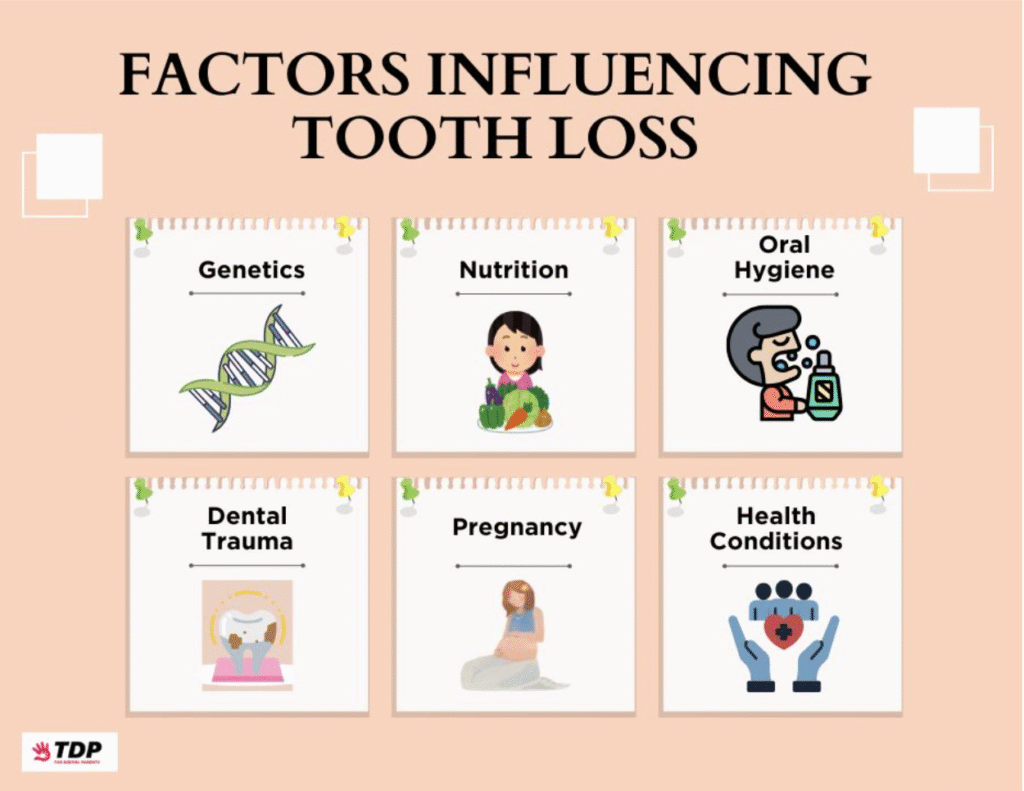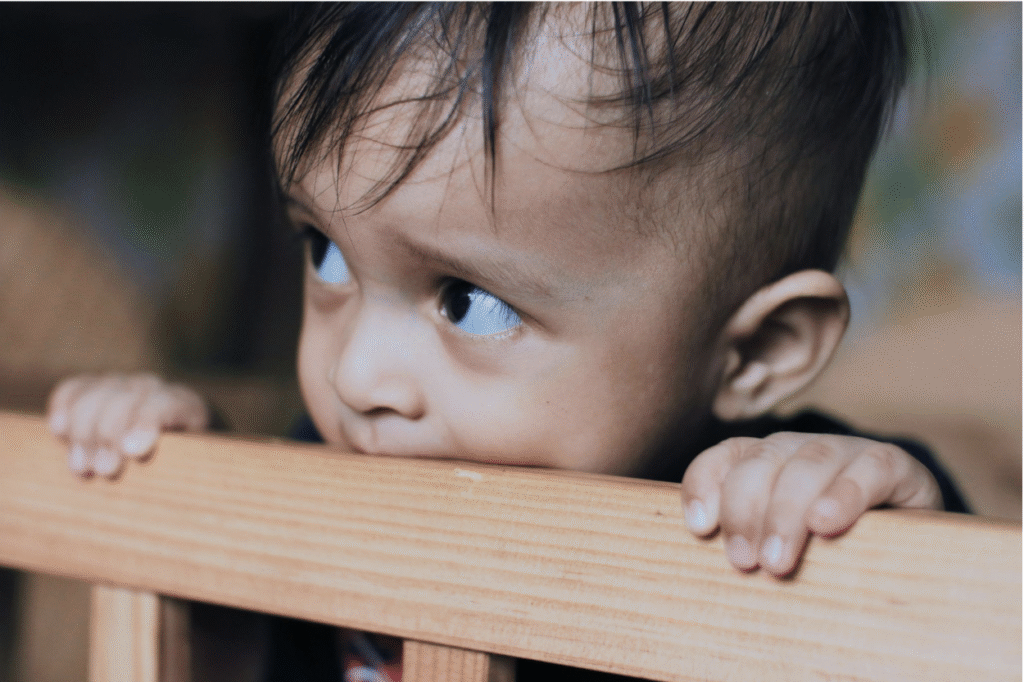Losing your first baby tooth is something you will never forget. It gives your child a sense of pride and happiness and shows that they are growing up. But as a parent, you might also wonder how many teeth they’ll lose. When is it going to happen? How can I help them overcome it?
In addition to providing you with a clear timeline and helpful advice for maintaining your child’s smile throughout the process, this guide will walk you through the answers.

How Many Teeth Do Children Lose?
Children lose a total of 20 primary (baby) teeth, starting around age six and continuing until about age 12 or 13. This natural process makes room for the 32 permanent adult teeth, including wisdom teeth, to grow in.
Losing baby teeth is an important stage of development, helping the jaw expand properly, guiding adult teeth into alignment, and supporting healthy chewing and speech functions throughout childhood and adolescence.
When Do Kids Start Losing Teeth?
Although it’s quite normal for it to occur a little earlier (around age 5) or later (up to age 7 or 8), most children lose their first tooth around age 6. The lower central incisors are the two small teeth that are located in the middle of the lower jaw and usually come out first.
With the exception of the wisdom teeth, which frequently don’t erupt until much later (sometimes as late as the early 20s), by the age of 12 or 13 years, all of your child’s baby teeth will have been replaced by permanent ones.
The Baby Tooth Loss Timeline
Although each child is different, the procedure usually goes like this:
- Ages 6–7 for lower central incisors
- Ages 6–7 for upper central incisors
- Ages 7–8 for the upper and lower lateral incisors
- Ages 9–11 are the first molars.
- Dogs (cuspids): 9–12 years old
- Ages 10–12 are second molars.
As you can see, tooth loss usually happens in pairs, with one on the right and one on the left. The body naturally keeps its balance when speaking and chewing in this way.
Why Baby Teeth Are Important
More than just a temporary solution, baby teeth aid in speech, chewing, and the proper positioning of permanent teeth. A smooth transition to a powerful, attractive adult smile is ensured by maintaining their health.
- They direct the placement of permanent teeth. Early loss of a baby tooth can cause the surrounding teeth to move, which will make it more difficult for the adult tooth to erupt straight.
- They aid in chewing and speaking. Eating and pronunciation can be affected by premature tooth loss.
- They develop oral hygiene practices. Children learn the value of dental hygiene from an early age through taking care of their baby teeth.
What Affects When Children Lose Their Teeth?
Genetics, the emergence of baby teeth, and general dental health are some of the factors that affect when children lose their teeth. While dental problems or injuries can hasten or postpone tooth loss, proper diet and oral hygiene promote a healthy timeline.
Tips for Helping Your Child Through the Tooth-Loss Years
Your child’s tooth loss years are a time for comfort, care, and practice. Positive dental visits, tooth-friendly snacks, and timely, gentle brushing twice a day. To make it a joyful milestone, celebrate each tooth that is extracted. Although the process of losing teeth is generally painless, the following advice may help it go even more smoothly:
- Continue brushing and flossing every day. Twice daily, use a pea-sized amount of fluoride toothpaste and a soft-bristled toothbrush.
- Observe the wiggles. To avoid discomfort or infection, let your child gently wiggle any loose teeth, but do not pull them out with force.
- Serve snacks that are easy on the teeth. Serve snacks that are easy on the teeth. Fruits, vegetables, yogurt, and cheese are useful in maintaining a smile. Reduce the use of sugar and sticky sweets.
- See the dentist on a regular basis. Six-monthly examinations guarantee that teeth are in good condition and erupt on time.
- With late bloomers, maintain your composure. Make an appointment for a dental examination to ensure that everything is growing normally, if, by the time they are 7 or 8, no teeth have fallen out.
Making It Magical and Share the Journey with The Digital Parents
A wobbly tooth can be transformed into a celebration with a little creativity. It can be a joyful and memorable event just to write a touching note, give a small present, or a simple hug and a bedtime story, whether it is the tooth fairy, Ratoncito Pérez, or your own family tradition.
To see more inspiring ideas, tips, and poignant guides to every childhood stage, visit The Digital Parents.

Quick Parent FAQs
When will my child’s first tooth fall out?
Around age six, the majority of kids lose their first tooth, typically the bottom front tooth. However, depending on when baby teeth erupt, a range of 5 to 8 years is typical. If you are not sure, a dentist can check development.
What happens if a baby tooth doesn’t fall out by itself?
Even when the permanent tooth is already erupting, a baby tooth may occasionally still be present. Teeth may crowd or become misaligned as a result. Your dentist can safely extract the tooth to create room for a healthy adult tooth if it doesn’t come loose on its own.
When will all of their adult teeth erupt?
Most kids have 28 permanent teeth by the time they are 13 years old. Between the ages of 17 and 25, wisdom teeth may erupt or they may not. During this transition, dental examinations help guarantee healthy growth and appropriate alignment.







